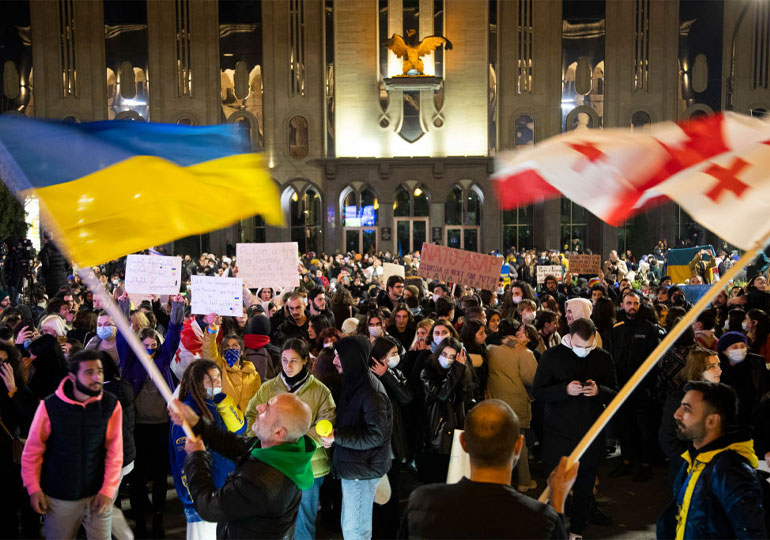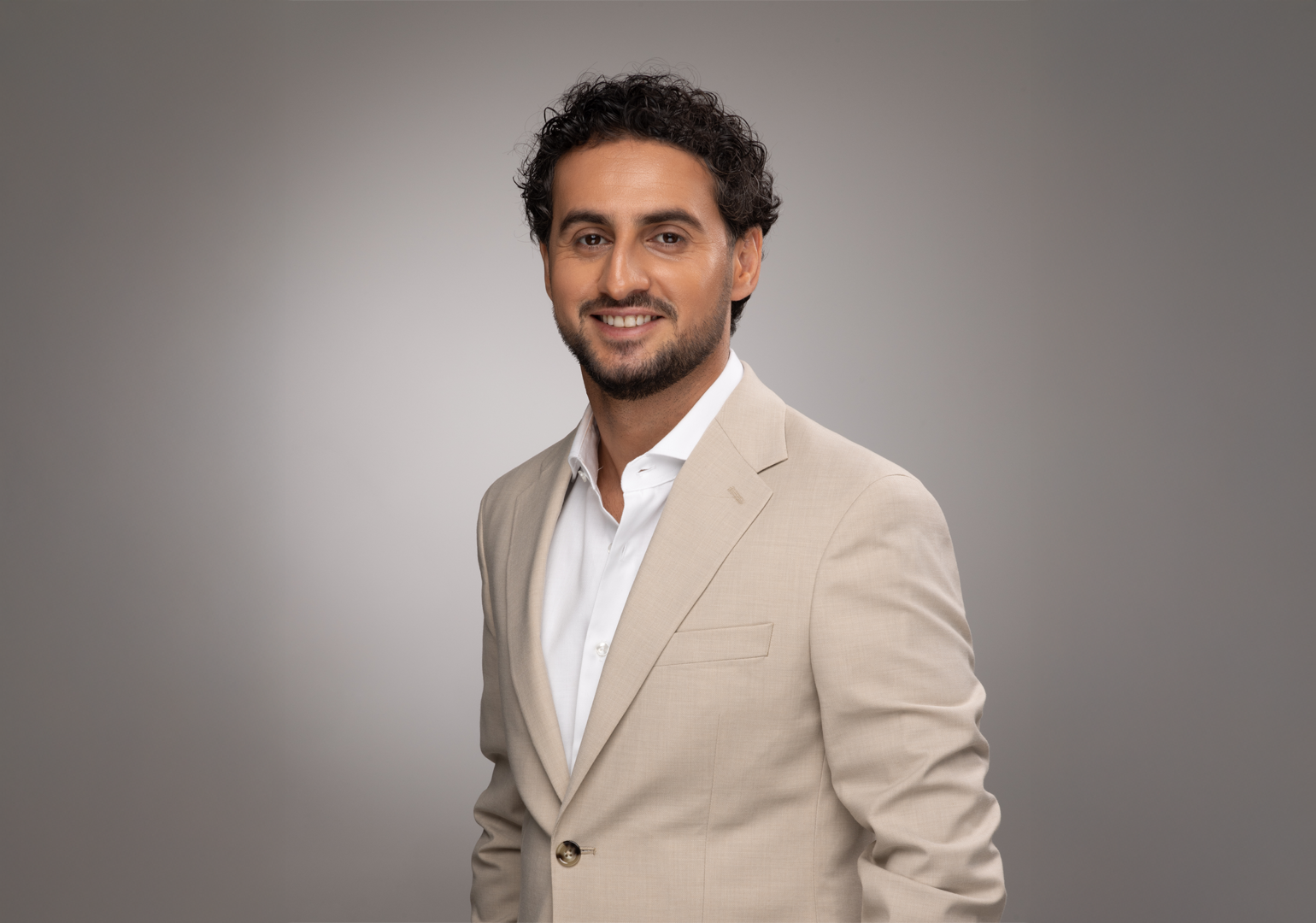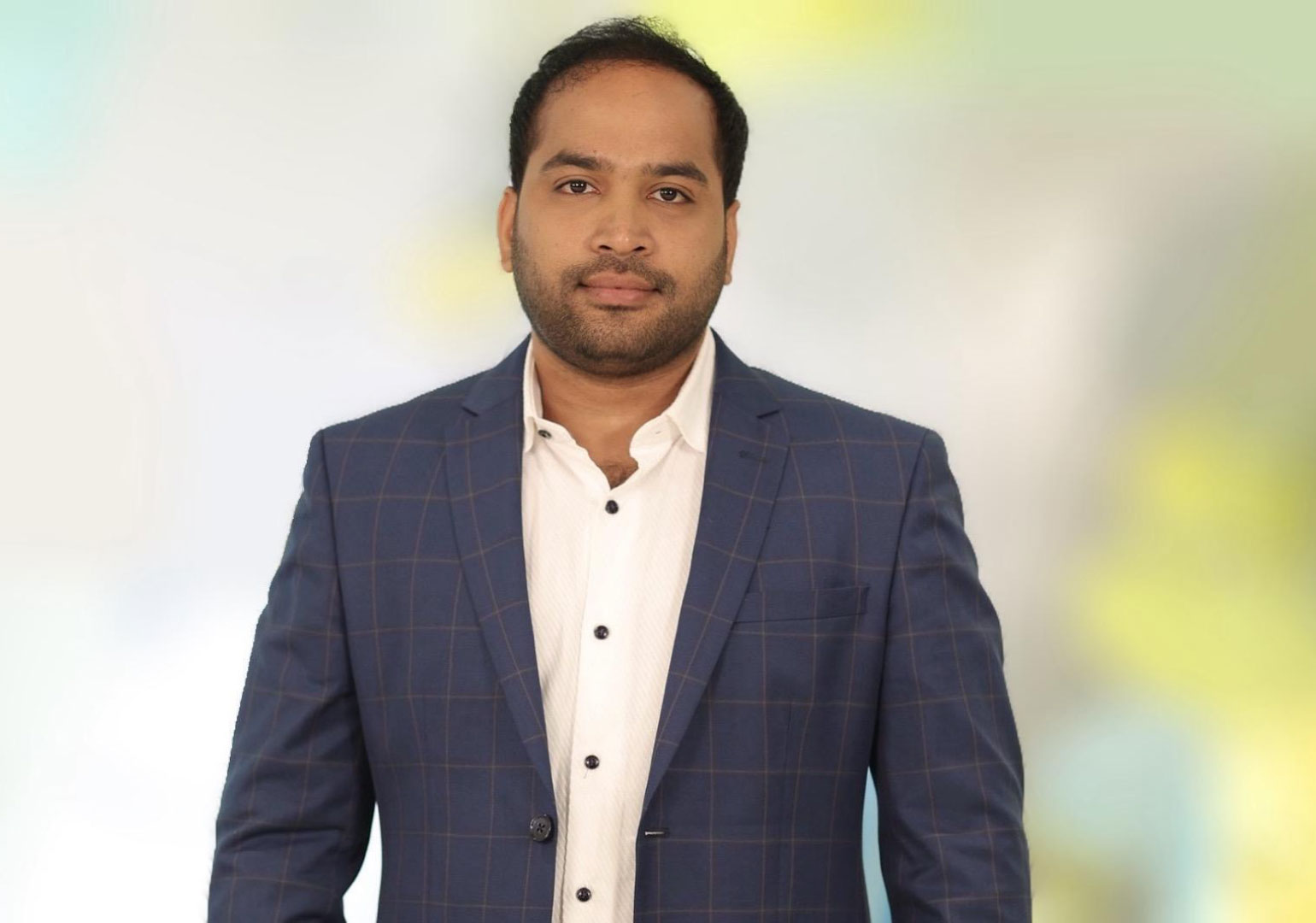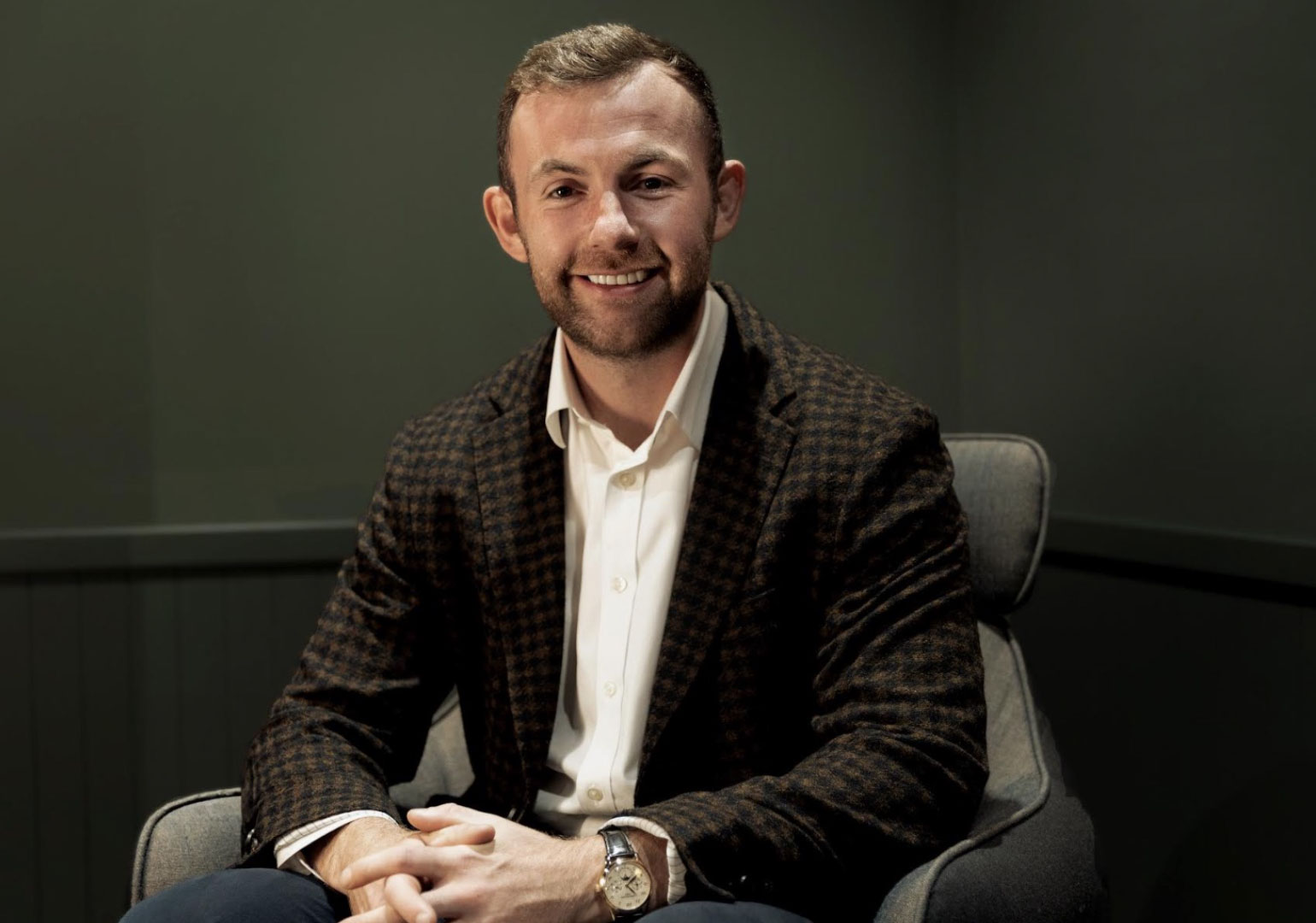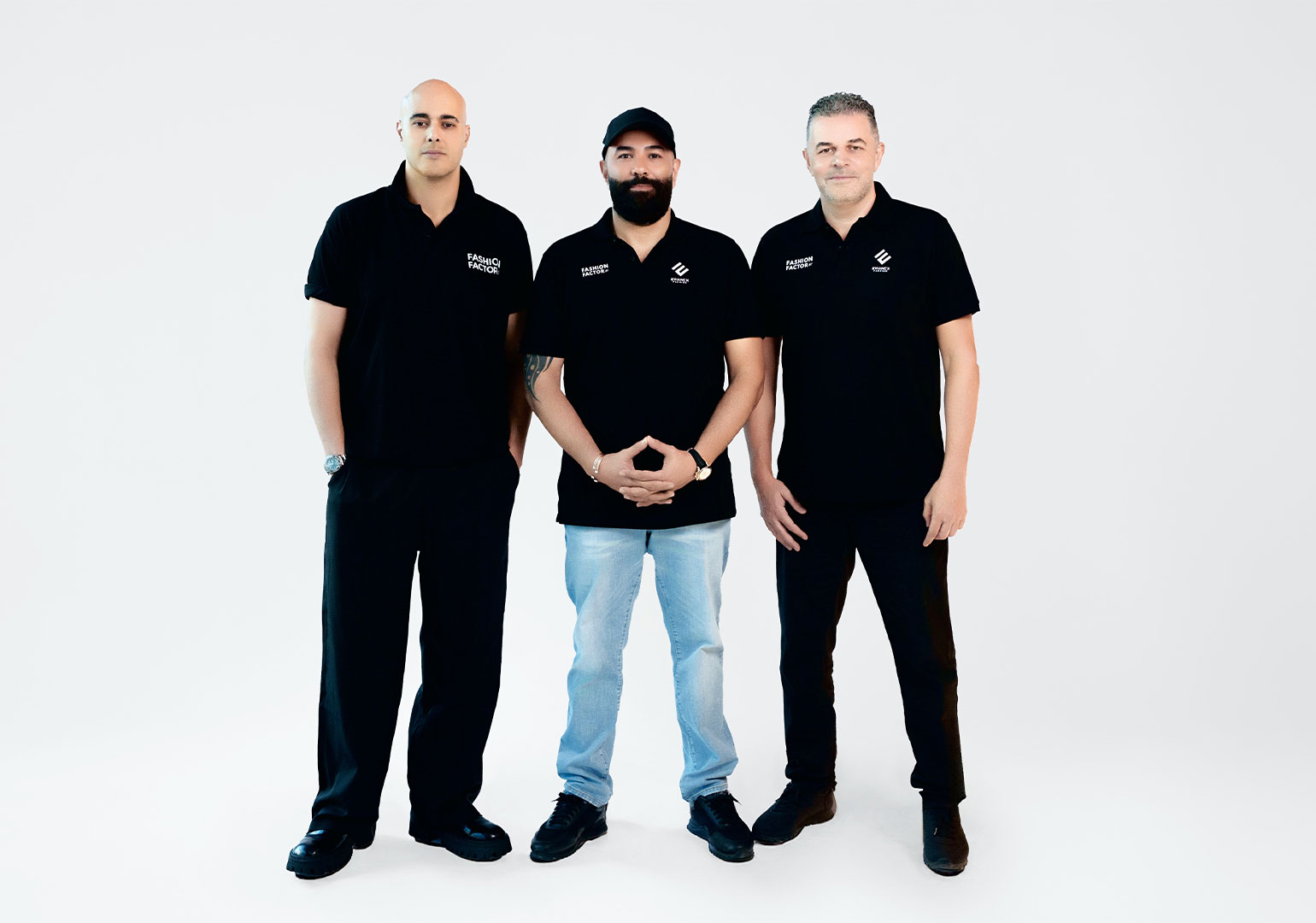This article was originally published on The Bulwark.
The government in Tbilisi is taking pages from Putin’s playbook.
Ukraine and Georgia have long been the two most pro-EU, pro-NATO, pro-democracy countries on Russia’s borders, struggling with fits and starts toward Euro-Atlantic integration and the rule of law. For thirty years, it has often seemed that as one made progress, the other backslid. The same pattern is repeating itself as brave Ukrainians beat back Russian offensives and joke about allowing NATO to join Ukraine, while Georgia, their Black Sea neighbor, heads in the wrong direction.
Georgia’s geography may straddle East and West, but opinion polls consistently show large majorities support joining NATO (75 percent) and the EU (88 percent). Georgia’s ruling party, Georgian Dream, rhetorically still supports a Western integration policy. But its actions show the Georgian Dream government is clearly casting its lot with the wrong crowd.
Particularly since the crisis in Ukraine, Georgia’s governance has increasingly resembled the Russian model, complete with one-party rule and persecution of the opposition. The United States and its European allies need to exercise their influence with Georgia to help rein in these destructive forces. We owe it to the many Georgians who hope to join the EU and NATO to impose travel bans and other sanctions on those who are undermining hope for a future with the West.
The latest disturbing step in Georgia’s march toward authoritarianism occurred last week when a judge sentenced Nika Gvaramia, the director of leading opposition TV channel “Mtvari Arkhi,” to more than three years in prison on politically motivated charges. The U.S. Embassy in Tbilisi said in a statement that Gvaramia’s case “calls into question Georgia’s commitment to rule of law” and suggested it sends the wrong signal about its Western orientation at a time “when Georgia has an unprecedented opportunity to advance its Euro-Atlantic integration.”
Georgian Dream keeps a firm grip on the judiciary and law enforcement not only to ensure judicial outcomes in its political and economic favor, but also to prevent a robust opposition. It has waged a campaign of persecution and demonization against leaders of the country’s opposition, particularly the United National Movement. Georgia’s former president, Mikheil Saakashvili, imprisoned after returning to Georgia from Ukraine last fall, has suffered declining health and poor treatment in prison.
The Georgian Dream government seems to calculate its decisions based not on whether a policy furthers integration with Western norms, but whether it might upset the dictator in the Kremlin. In its domestic policy, the government has been steadily gathering all the reins of power, in all three branches of government, and marginalizing or dismantling institutions that could provide a check on that power. This has been particularly apparent in its refusal to make reforms urged by the U.S., Europe, and NGOs to ensure an independent judiciary.
The urges to gather power and persecute the political opposition are not new in Georgian politics. The leaders of two previous governments, Saakashvili and Eduard Shevardnadze, were accused of the same tendency. What is starkly different with this regime, however, is its appeasement of Russia and indifference to, if not outright dismissal of, Western concerns about the slowness or even abandonment of reforms.
For example, in addition to rebuffing calls to stop the political use of the judiciary, the Georgian Dream government has abrogated a U.S. and EU-brokered agreement to implement necessary electoral reforms, supported NGOs and other actors who undermine Western values and promote cultural ties with Russia, and cancelled the Anaklia deep-water port on the Black Sea and other infrastructure projects that Russia opposed.
Most concerning is Georgian Dream’s policy toward the war in Ukraine. As a fellow victim of a hostile Russian invasion, Georgia should be a natural ally of Ukraine. Instead, the Georgian government’s refusal to impose sanctions on Russia, its prevention of its citizens from joining the fight in Ukraine, and its alleged efforts to help Russia avoid sanctions prompted Ukraine to withdraw its ambassador from Tbilisi.
Much like Putin, leaders of Georgian Dream seem to see the war primarily as an opportunity to bash theiry opponents. Party head Irakli Kobakhidze criticized the embattled Ukrainian government for withdrawing its ambassador and accused it of a “coordinated attempt to drag Georgia directly into the armed conflict” in cahoots with the United National Movement. Prime Minister Garibashvili claimed that were former president (and now prisoner) Saakashvili still in power, Georgia would be the site of “a second Mariupol.”
Why has Georgia taken this stance of appeasement, especially when three-quarters of Georgians surveyed believe Russian aggression toward Georgia is still going on, and why is it attacking Ukraine’s embattled leaders? Supporters of the government claim it’s because of Georgia’s vulnerability without the security guarantees of NATO. Frustration with the lack of progress toward NATO membership, promised at the Bucharest summit 14 years ago, is real. But as noted, three quarters of Georgians still support NATO membership, and in light of Russia’s unprovoked invasion of Ukraine, the West should be beefing up its military assistance for Georgia, as well as Ukraine.
In contrast to overwhelming public opinion, prominent members of the Georgian Dream inner circle, particularly billionaire former Prime Minister Bidzina Ivanishvili, have been accused of protecting their personal economic links with Russia. The latest example came in recently revealed tapes of alleged telephone conversations between Ivanishvili and Russian oligarch Vladimir Yevtushenkov in March—i.e., after the Russian invasion of Ukraine. Yevtushenkov is under British and Australian sanctions.
In two cases within the past two years that should get Ivanishvili’s attention, the United States imposed travel bans on a Ukrainian oligarch and former official, Ihor Kolomoyskyy, and on the Moldovan oligarch and former prime minister Vladimir Plahotniuc, due to their involvement in “significant corruption” and “corrupt acts that undermined the rule of law and severely compromised the independence of democratic institutions.”
Unlike the recent sanctions imposed on the Putin regime, the sanctions on Kolomoyskyy and Plahotniuc were imposed on oligarchs in countries friendly to the United States. That is tough love, but it also is much needed and overdue in Ivanishvili’s case, too. Like Kolomoyskyy and Plahotniuc, who were no longer in government when they were sanctioned, Ivanishvili and his inner circle are not accountable to the voters, though they clearly have an outsize influence on the government’s decisions and policies.
Along Russia’s periphery are a number of compliant regimes, fearful of cooperating with the EU and NATO and provoking Putin’s ire. It is not too late to prevent Georgia from becoming another such regime. But the United States and its European allies must do more, now, to show their concern about these tendencies. They must act to discourage the Georgian government, and particularly those behind the scenes pulling the strings, from making decisions and implementing policies that push Georgia further from the West, and closer to Russia.
